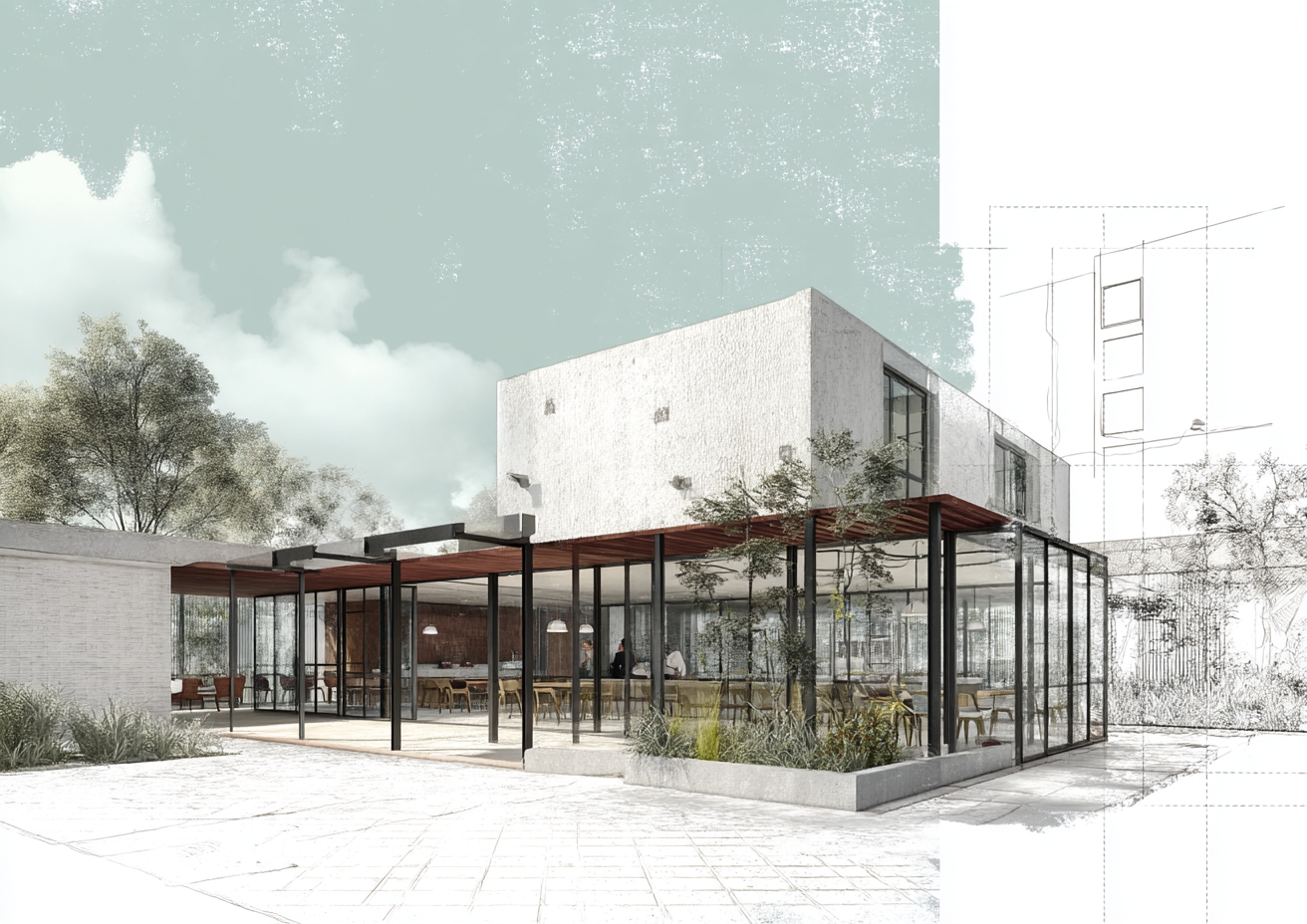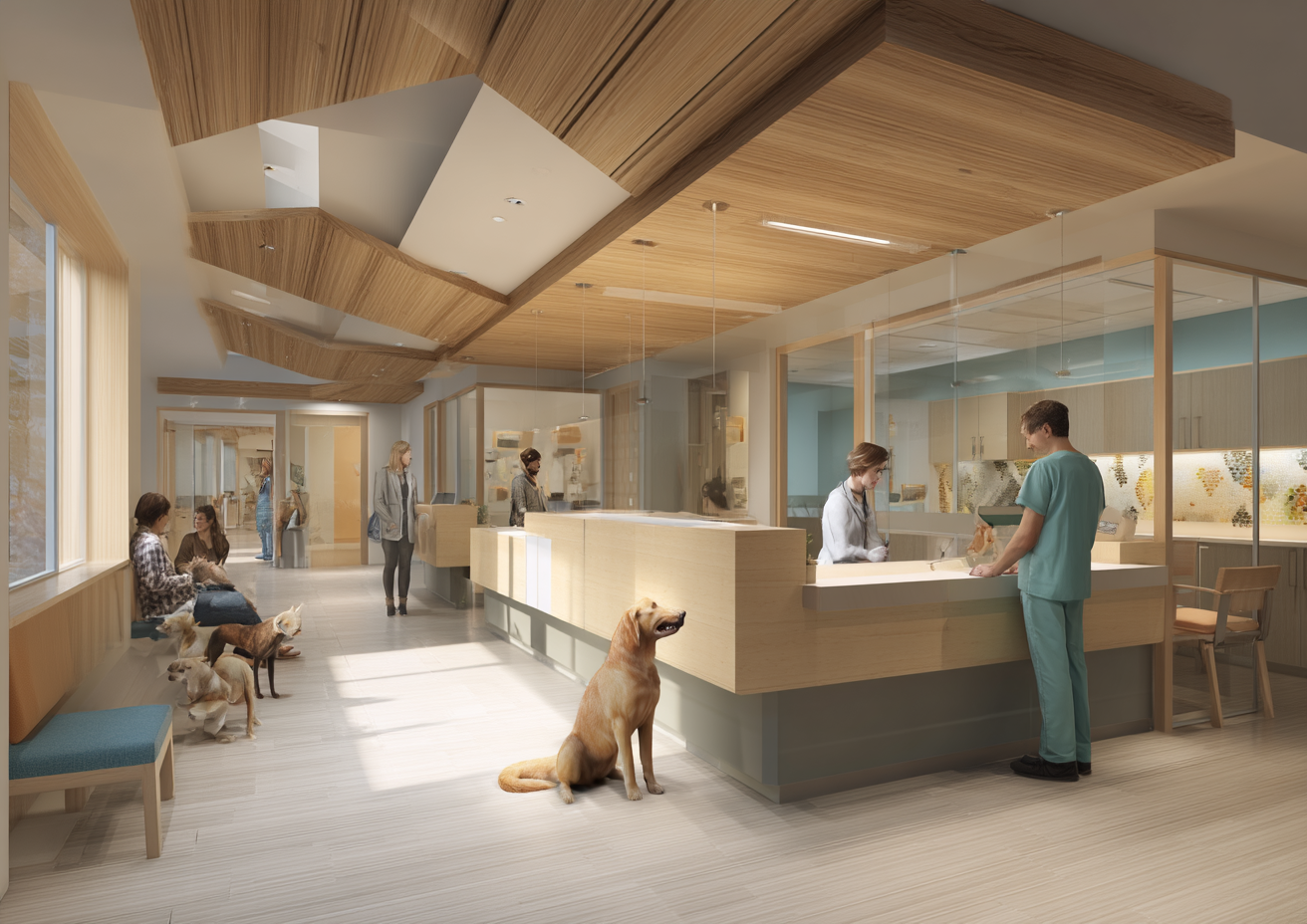Hire Peer Support Specialist
A Peer Support Specialist brings lived experience, empathy, and understanding to the heart of behavioral health services. Because they share a personal recovery journey, they inspire clients to build resilience and hope. Moreover, organizations that hire certified Peer Support Specialists see measurable improvements in engagement, relapse prevention, and patient satisfaction. By bridging the gap between clinical treatment and real-world recovery, these professionals transform the way care is delivered in mental health and substance use settings.
Why Hire a Peer Support Specialist?
Hiring a Peer Support Specialist means strengthening your care team with authentic connection. While clinicians deliver treatment, peers deliver understanding that clinical models alone cannot replicate. Therefore, Peer Support Specialists help reduce readmissions, enhance recovery outcomes, and foster hope among clients who might otherwise disengage from care.
- Enhance Engagement: Clients relate deeply to someone who has walked a similar path. Consequently, attendance and adherence rates increase substantially.
- Improve Recovery Outcomes: By providing mentorship and modeling recovery, peers reduce relapse and crisis episodes, which benefits both clients and systems.
- Build Community Connection: They link clients to housing, employment, and social supports, strengthening community reintegration and long-term stability.
- Reduce Clinician Burnout: Peer Specialists shoulder supportive care tasks, allowing clinicians to focus on treatment and documentation efficiency.
- Promote Trauma-Informed Culture: Peers foster compassion and safety throughout the organization, transforming the overall client experience.
Types of Peer Support Specialists
Because peer roles vary across care settings, understanding their distinctions ensures you hire the right match. Below are several key types of Peer Support Specialists commonly found in mental health and substance use programs.
- Mental Health Peer Specialist: Focuses on recovery from depression, anxiety, or trauma, supporting clients through empathy and shared experience.
- Peer Recovery Coach: Guides individuals overcoming substance use disorders, emphasizing relapse prevention and harm reduction strategies.
- Youth Peer Mentor: Works with adolescents, helping them navigate identity, schooling, and emotional well-being while encouraging resilience.
- Family Peer Support Specialist: Supports parents or caregivers managing loved ones’ mental health or addiction issues, reducing caregiver fatigue.
- Forensic Peer Specialist: Helps justice-involved individuals transition back into the community and rebuild their lives productively.
- Certified Recovery Peer Advocate (CRPA): Specializes in substance use recovery and is credentialed through recognized programs, ensuring competency and accountability.
Where to Find Peer Support Specialists
Recruiting qualified Peer Support Specialists requires a multi-channel strategy. While some organizations post listings publicly, many rely on professional associations or staffing partners to identify talent already trained and certified in evidence-based peer models.
- Peer Workforce Networks: Connect with local recovery community organizations listed on SAMHSA’s RCO directory.
- Certification Boards: Contact your state’s behavioral health certification board for credentialed candidates ready for employment.
- Community Colleges & Training Centers: Many programs now include peer support training in their behavioral health curriculums.
- Staffing Agencies: Specialized firms such as Pulivarthi Group offer pre-vetted Peer Support Specialists, ensuring a faster and compliant hiring process.
- Nonprofits & Advocacy Groups: Partner with recovery organizations like NAMI or Mental Health America for referrals.
Challenges Faced When Hiring Peer Support Specialists
Although peer professionals add immense value, hiring them can present challenges if your process isn’t structured properly. Understanding these challenges helps ensure successful recruitment and retention.
- Role Clarity: Without defined duties, peers may feel undervalued or overextended. Thus, clear job descriptions and boundaries are vital.
- Credential Confusion: Certifications vary by state; therefore, confirming requirements early prevents compliance gaps.
- Compensation Disparities: Underpaying peers risks turnover. Competitive wages signal organizational respect for lived experience.
- Integration into Teams: Because peers often join clinical teams, supervisors must foster inclusion through training and joint case reviews.
- Supervision Requirements: Some states require specific supervision structures. Aligning with SAMHSA guidance ensures adherence.
Qualifications and Licenses Required
Requirements differ by jurisdiction, but several universal standards apply when hiring Peer Support Specialists. Confirming these qualifications guarantees that your team operates safely, ethically, and effectively.
- State Peer Certification: Completion of state-approved peer certification training, often requiring lived experience and continuing education.
- Ethics & Boundaries Training: Understanding confidentiality, dual relationships, and self-care practices is mandatory.
- Trauma-Informed Care Competency: Ability to approach clients with sensitivity, minimizing re-traumatization risks.
- CPR/First Aid Certification: Many organizations prefer peers with emergency preparedness credentials.
- Background Checks: Some roles require background clearance aligned with healthcare or justice-system standards.
Sample Peer Support Specialist Job Description
Job Title: Peer Support Specialist
Overview:
Provide recovery-oriented support to individuals experiencing mental health or substance use challenges. Utilize personal lived experience to foster hope, empowerment, and self-determination.
Key Responsibilities:
- Engage clients through motivational interviewing and recovery planning.
- Facilitate support groups and psychoeducational sessions.
- Assist clients in accessing housing, employment, and treatment resources.
- Collaborate with clinicians to integrate peer perspectives into care.
- Document interactions according to agency policy and confidentiality laws.
Qualifications:
- Certified Peer Support Specialist credential (state-specific).
- Demonstrated lived experience in recovery (mental health, substance use, or co-occurring).
- Knowledge of trauma-informed practices and crisis response.
- Excellent communication and empathy skills.Interview Questions: What to Ask Peer Support Specialists
- Can you describe your personal approach to supporting someone in early recovery?
- How do you manage boundaries when clients relate closely to your experience?
- What strategies do you use to de-escalate a client in crisis?
- Describe a time when you advocated for a client’s needs within a clinical team.
- How do you maintain self-care while working in emotionally demanding environments?
When Should You Hire a Peer Support Specialist?
Peer Support Specialists should be hired when your organization aims to improve engagement, reduce readmissions, and create a person-centered culture. They are particularly valuable during program expansions, grant-funded initiatives, or when compliance metrics emphasize patient engagement and recovery outcomes. Additionally, programs implementing trauma-informed or equity-based models benefit immensely from peer integration.
How to Evaluate Peer Support Specialist Skills
Evaluating Peer Support candidates requires a focus on interpersonal and reflective skills rather than academic credentials. Therefore, consider structured interviews, roleplays, and written exercises that measure empathy, resilience, and professionalism.
- Role-Play Exercises: Simulate recovery conversations to assess listening and motivational skills.
- Scenario Analysis: Present ethical dilemmas to evaluate boundary management and decision-making.
- Peer Facilitation Sample: Ask candidates to lead a short mock group session to demonstrate communication and engagement abilities.
- Feedback Review: Gather supervisor or client testimonials to validate reliability and impact.
Salary Range for Peer Support Specialists in the U.S.
According to the U.S. Bureau of Labor Statistics, Peer Support Specialists and comparable roles earn between $35,000 and $55,000 annually, depending on region, certification, and program type. Salaries tend to be higher in urban or hospital-based settings, while community nonprofits may offer stipends supplemented by grant funding.
Standard Operating Procedures (SOPs) for Peer Support Roles
Developing SOPs for Peer Support Specialists ensures consistency, safety, and program accountability. Therefore, document clear policies for communication, documentation, and client engagement.
- Intake & Consent SOP: Defines how peers introduce their role, clarify confidentiality, and obtain informed consent.
- Group Facilitation SOP: Outlines preparation, boundaries, and incident-reporting steps during sessions.
- Crisis Escalation SOP: Details when and how to involve clinical staff or emergency services.
- Documentation SOP: Sets standards for progress notes and data entry within EHR systems.
- Supervision SOP: Establishes frequency, goals, and feedback structures between supervisors and peers.
Retention Strategies for Peer Support Specialists
Retaining Peer Support Specialists requires creating a culture that values lived experience as professional expertise. Since many peers enter the field to give back, recognition and career growth are powerful motivators.
- Fair Compensation: Offer equitable wages reflecting credentials and lived experience expertise.
- Career Pathways: Create advancement routes into roles like Lead Peer Supervisor or Recovery Program Manager.
- Supportive Supervision: Provide trauma-informed coaching, reflection time, and mental health days.
- Ongoing Training: Fund CEUs and certifications through NAADAC or state-approved programs.
- Recognition Programs: Celebrate milestones and highlight peer contributions in staff meetings and newsletters.
Hire Peer Support Specialists with Pulivarthi Group
Pulivarthi Group specializes in connecting behavioral health organizations with qualified, certified, and mission-driven Peer Support Specialists. Our pre-vetted talent pool covers diverse backgrounds, ensuring cultural and linguistic alignment with your community. Because we understand Medicaid billing, 42 CFR Part 2, and SAMHSA grant compliance, your staffing process remains seamless from sourcing to onboarding. Let us help you build a peer workforce that drives engagement, retention, and recovery success across your programs.






